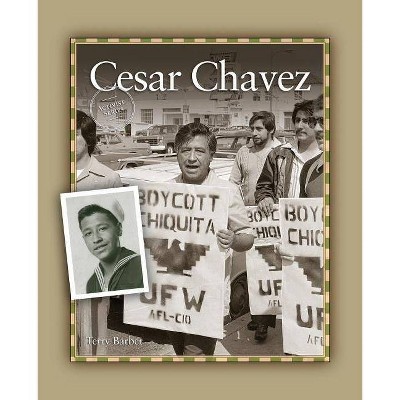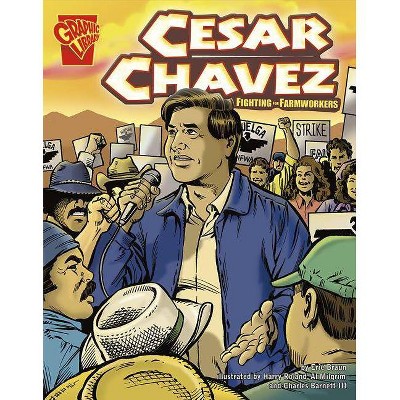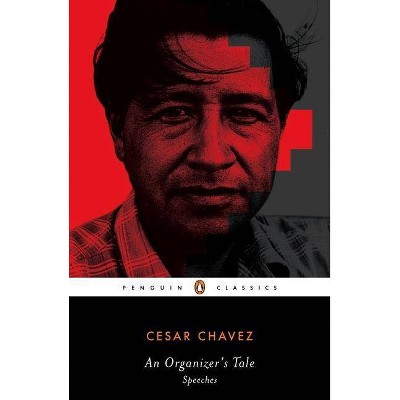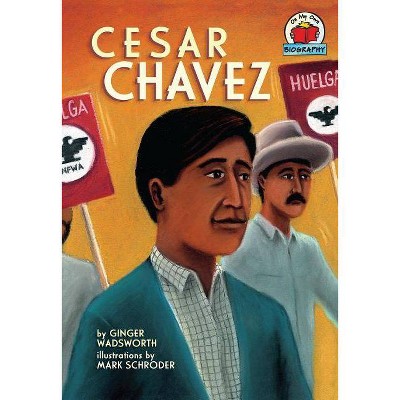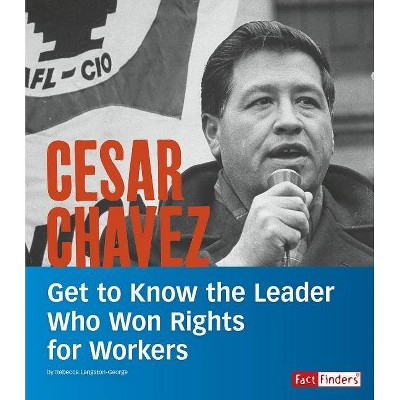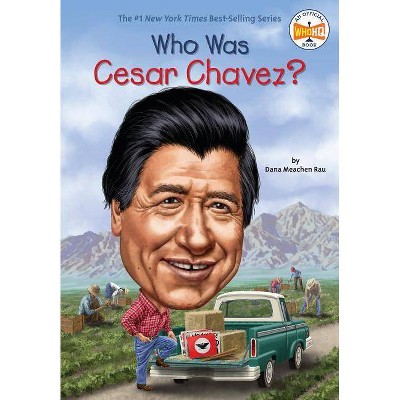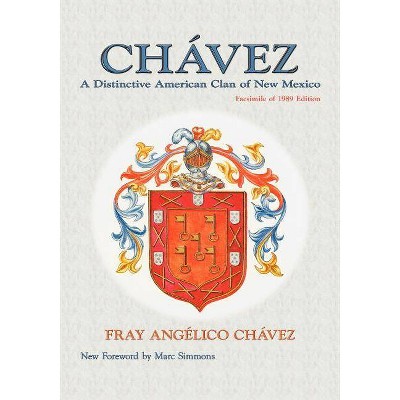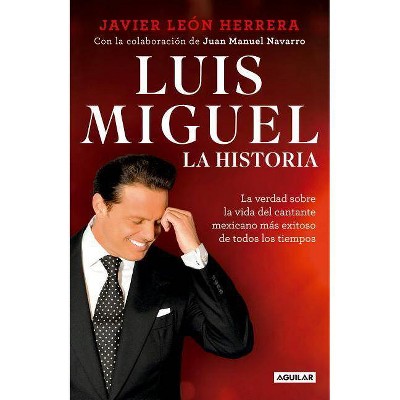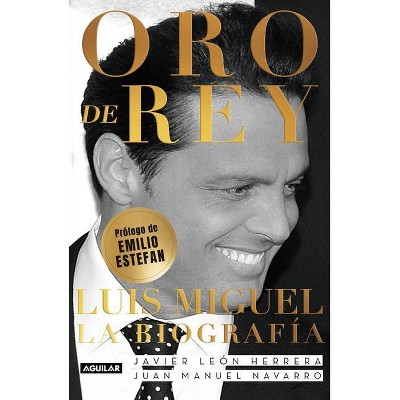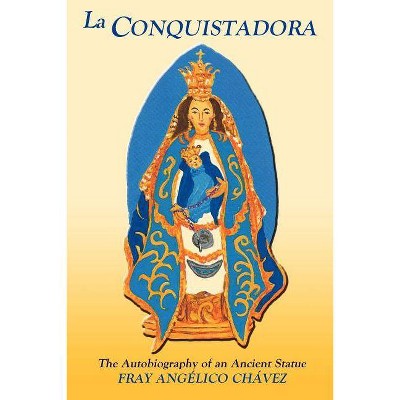The Political Spirituality of Cesar Chavez - by Luis D Leon (Paperback)
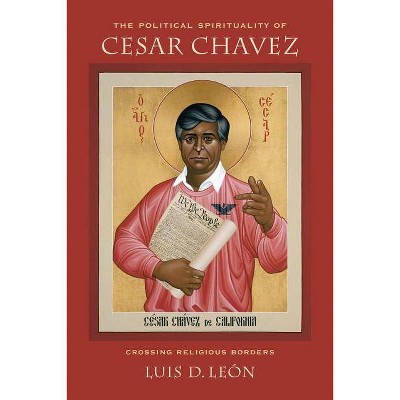
Similar Products
Products of same category from the store
AllProduct info
<p/><br></br><p><b> Book Synopsis </b></p></br></br><i>The Political Spirituality of Cesar Chavez: Crossing Religious Borders</i> maps and challenges many of the mythologies that surround the late iconic labor leader. Focusing on Chavez's own writings, León argues that<i> La Causa</i> can be fruitfully understood as a quasi-religious movement based on Chavez's charismatic leadership, which he modeled after Martin Luther King Jr. and Gandhi. Chavez recognized that spiritual prophecy, or political spirituality, was the key to disrupting centuries-old dehumanizing narratives that conflated religion with race. Chavez's body became emblematic for Chicano identity and enfleshed a living revolution. While there is much debate and truth-seeking around how he is remembered, through investigating the leader's construction of his own public memory, the author probes the meaning of the discrepancies. By refocusing Chavez's life and beliefs into three broad movements--mythology, prophecy, and religion--León brings us a moral and spiritual agent to match the political leader.<p/><br></br><p><b> From the Back Cover </b></p></br></br>Cesar Chavez treated religion as he treated so many topics of importance in his life: as something to be willed into contribution to a higher good. This volume describes with poignant specificity the strategies of spiritual hybridization that assured Chavez's iconic persistence. Luis León has written a book equal in grace, compassion, and subtlety to its subject.--Kathryn Lofton, Professor of Religious Studies, American Studies, History, and Divinity at Yale University <p/> León offers a powerful new interpretation of the life and work of Cesar Chavez that more fully accounts for Chavez's religious appeal and spiritual movement building. León crafts a new story, a nepantla story, of Chavez the human, civil, and labor rights movement leader whose social justice work fused with his ecumenical religious perspective in what León aptly terms his 'political spirituality.' This vital new insight on Chavez's spiritual and humanist work will serve scholars in many fields.--Theresa Delgadillo, Associate Professor of Comparative Studies and Latino/a Studies at Ohio State University <p/> This impressive new book is a project in radical optics. Herein León asks us to put aside for a moment our understanding of Chavez the labor unionizer who brought better wages and work conditions to California's farmworkers, and to focus more sharply on the spiritual man who drew on a number of ecumenical religious traditions to dignify human life. Studying Chavez's spirituality, his ritual practices--fasting, public prayers, penitential pilgrimages--and the sources of his prophetic vision, we gain a richer understanding of the complexity of Chavez's humanism and his impact in creating communities more nurturing and tolerant of difference.--Ramón A. Gutiérrez, Preston & Sterling Morton Distinguished Service Professor of American History and the College at the University of Chicago <br><p/><br></br><p><b> About the Author </b></p></br></br><b>Luis D. León</b> is Associate Professor in the department of Religious Studies at the University of Denver and author of <i>La Llorona's Children: Religion, Life, and Death in the U.S.-Mexican Borderlands.</i>
Price History
Price Archive shows prices from various stores, lets you see history and find the cheapest. There is no actual sale on the website. For all support, inquiry and suggestion messagescommunication@pricearchive.us
